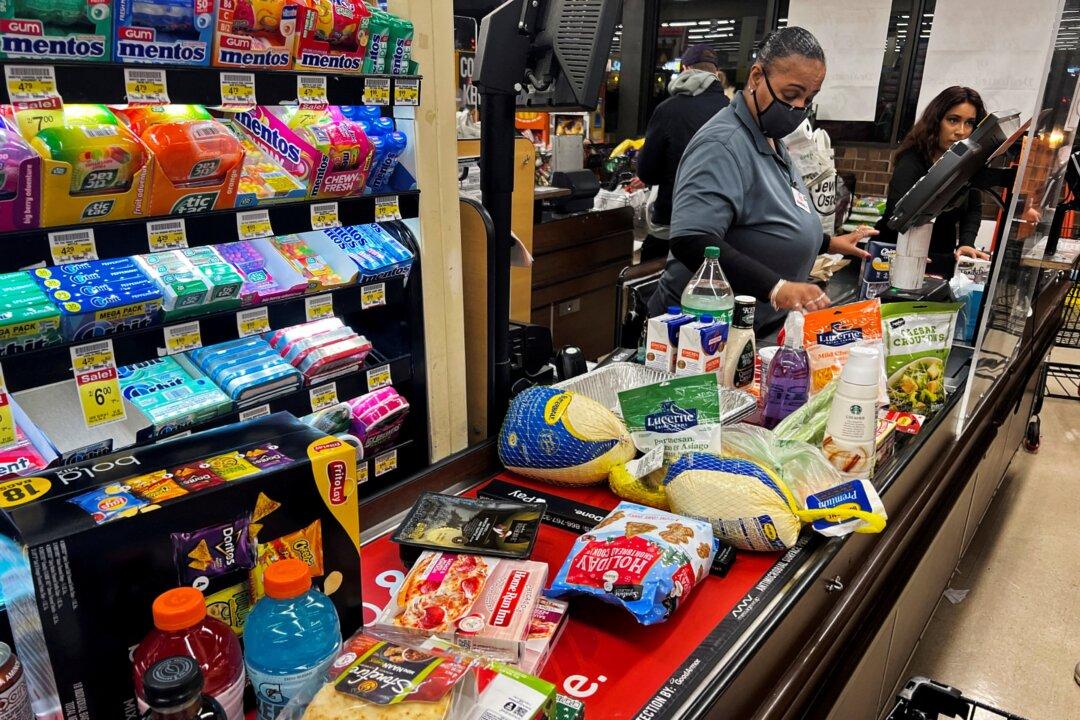Despite strong economic growth and a robust labor market, most Americans say the U.S. economy is in a downturn, and many are calling it a “silent recession,” according to a new survey from Bankrate.
Fifty-nine percent of adults feel like the country is currently in a recession. This bearish view of the current economic conditions was universal regardless of age, gender, race, and income. Bankrate noted that the number of low-income households and those earning $100,000 or more per year who think the economy is in a recession was identical.





